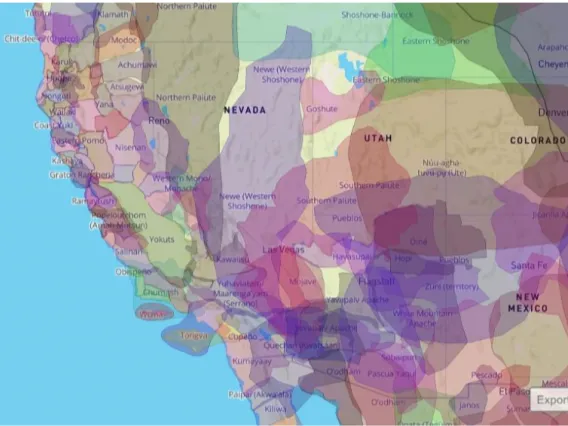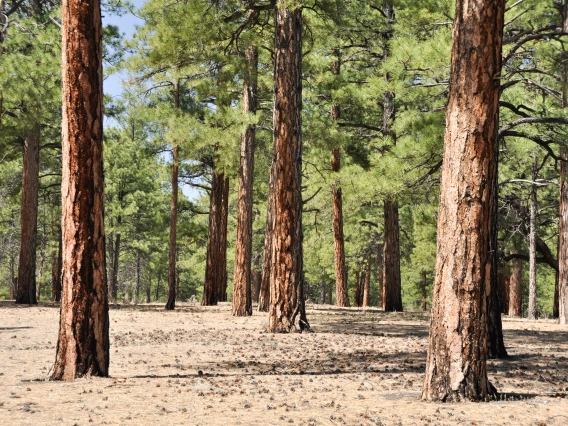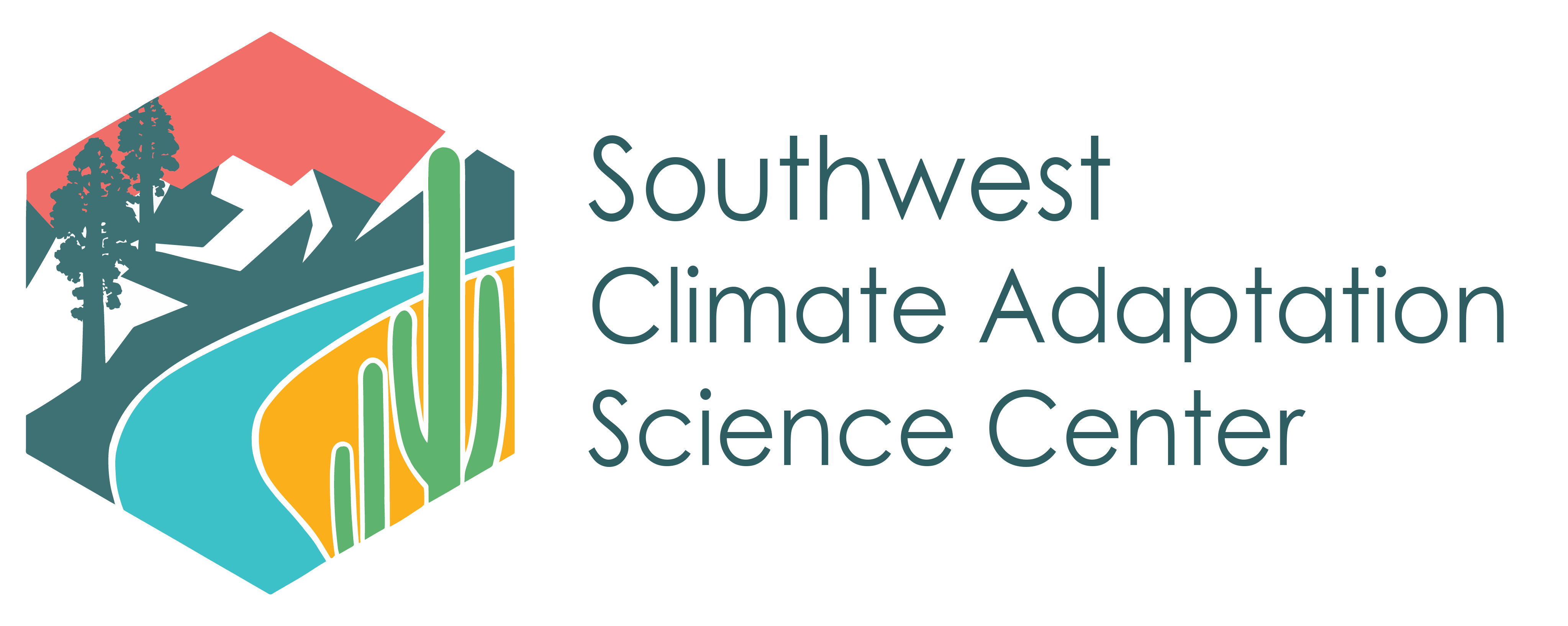Tribal Engagement
Southwest Climate Adaptation Science Center (SW CASC) Tribal Engagement
The Southwest region encompasses a number of distinct landscapes, ranging from the Sonoran and Mojave Deserts, California Coast, Sierra Nevada Mountains, and Colorado Plateau to the Southern Rockies, Great Basin, and Madrean Sky Islands. Along with these diverse ecosystems, the Southwest region is also home to a diversity of Indigenous peoples and communities. With respect to Indigenous peoples’ practices and their relationships to the natural world, the Southwest Climate Adaptation Science Center (SW CASC) is committed to ensuring that the 7 R’s - Respect, Relationship, Responsibility, Reciprocity, Relatedness, Relevance and Redistribution - are centered in all of our Tribal engagement efforts. Understanding how climate variability impacts Indigenous peoples’ ways of life also enables the SW CASC to continue to support Tribes and Tribal resilience through adaptive measures, actions and strategies for solutions.
Partnering with Tribes
The SW CASC works across Arizona, California, Nevada and Utah, and partners with the Bureau of Indian Affairs Branch of Tribal Community Resilience (BIA TCR) to host two Southwest Tribal Climate Resilience (TCR) Liaisons. The TCR Liaisons are employed by the American Indian Higher Education Consortium (AIHEC), and help build and support relationships between Tribes, Tribal organizations, and the nation’s 37 Tribal colleges and universities (TCUs).
The Southwest TCR Liaisons coordinate with Tribes to:
- Increase awareness of SW CASC resources among Tribal Nations. This may include attending and presenting at Tribal environmental and adaptation conferences, workshops, and webinars;
- Learn more about Tribal needs across the Southwest region, to leverage the SW CASC consortium and USGS partners to produce science and data that meets these needs;
- Provide technical assistance to Tribal Nations. Examples include offering support and guidance for the development of vulnerability assessments, adaptation plans, and proposals; creating tools that simplify the adaptation planning process; providing education and best practices for responding to climate variability; and assisting in developing partnerships, projects, and cooperative risk mitigation and response strategies for Tribal communities.
The SW CASC assists in capacity-building and the development of collaborative relationships among and across Tribes, TCUs and researchers. Specifically, the SW CASC supports research in partnership with Tribes that focuses on risk assessment, natural hazards response and adaptation planning; incorporating traditional knowledge in resource management; wildfire mitigation and cultural burning methodologies; drought; rangeland and forestry management practices; keystone and invasive species management; and indigenous data governance. The SW CASC upholds Indigenous Data Sovereignty principles utilizing the FAIR (Findable, Accessible, Interoperable and Reusable) and CARE (Collective Benefit, Authority to Control, Responsibility, and Ethics) framework, which was developed to protect Tribal rights to control and share proprietary Indigenous Knowledge and intellectual property, and prevent exploitative use of data.
Connect With Us
Our Senior Tribal Climate Resilience Liaison Cynthia Naha and Tribal Climate Resilience Liaison Anissa McKenna work across the SW CASC region of California, Nevada, Utah and Arizona to connect 159 Federally Recognized Tribal Nations to tools, information and other climate resilience resources. Contact Cynthia at cnaha@aihec.org and Anissa at amckenna@aihec.org.
For a list of resources and tools compiled by our TCR Liaisons, please visit https://www.swcasc.arizona.edu/tribes/resources/.


Learn more about the SW CASC's engagement with Tribal communities.

